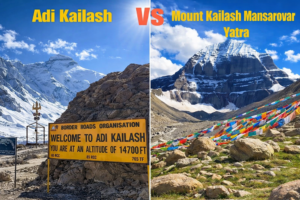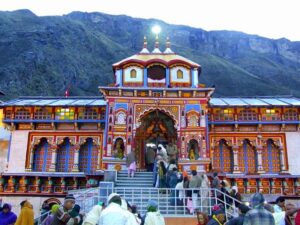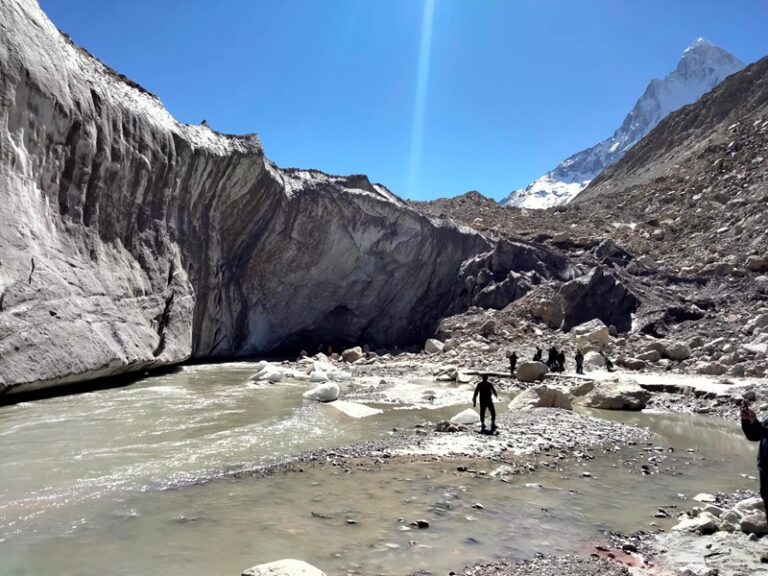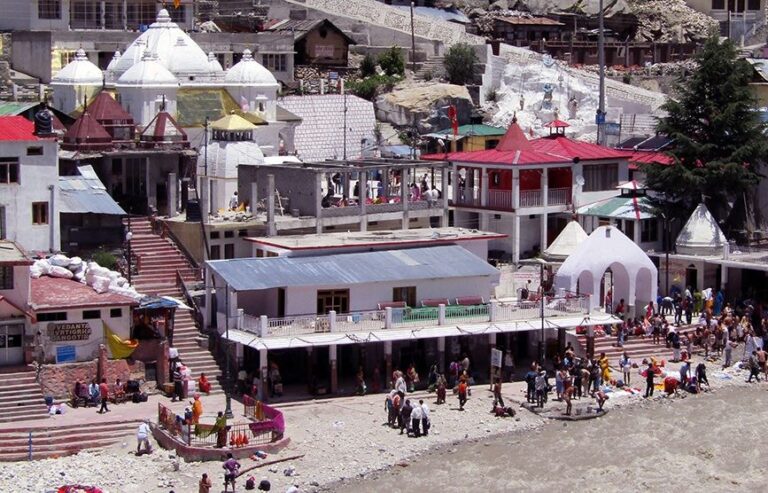Vipassana Meditation Centre Rishikesh: Meditate in Silence for 10 Days
Are you looking to disconnect from the chaos and reconnect with your true self? Nestled amidst the tranquil greenery of Rishikesh, the Vipassana Meditation Centre Rishikesh offers a profound inner journey—ten days of silence, mindfulness, and complete self-awareness takes place near Rishikesh in Dehradun Vipassana Center Capital city of Uttarakhand.
Introduction to Vipassana Meditation
Vipassana is among the most ancient meditation techniques from India. Once lost to time, it was rediscovered over 2,500 years ago by Gautama the Buddha. The word Vipassana means “to see things as they truly are.” It is a method of self-transformation through self-observation.
The practice begins with focusing on the natural breath, which helps calm and concentrate the mind. As awareness deepens, one learns to observe the constantly changing nature of body and mind.
Through this observation, the practitioner directly experiences the universal truths of impermanence, suffering, and non-self. This direct experience leads to inner purification and deep mental clarity.
Vipassana is not tied to any religion, belief system, or sect. It is a universal technique that addresses universal human problems. Because of its non-sectarian nature, Vipassana can be practiced by anyone—regardless of race, religion, or background—at any time, in any place. Its benefits are equally accessible to all.
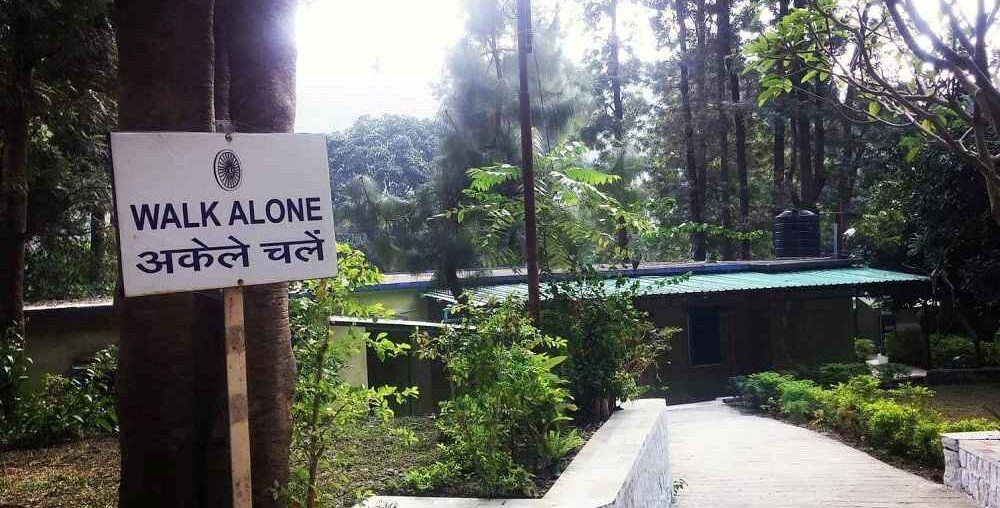
What Vipassana Is Not:
- It is not a ritual or ceremony based on blind belief.
- It is not a form of intellectual or philosophical entertainment.
- It is not a vacation, a relaxation retreat, or a space for social interaction.
- It is not a way to run away from life’s challenges or difficulties.
What Vipassana Is:
- A practical technique to eliminate suffering at its root.
- A tool for mental purification, helping individuals deal with stress and problems with greater calm and balance.
- A way of life that promotes clarity, compassion, and positive engagement with the world.
Vipassana meditation leads toward the highest spiritual goals: complete liberation and full enlightenment. It is an art of living, empowering individuals to grow inwardly while contributing to a more harmonious society.
Suggested Read: 3 Days Itinerary for Rishikesh Uttarakhand India
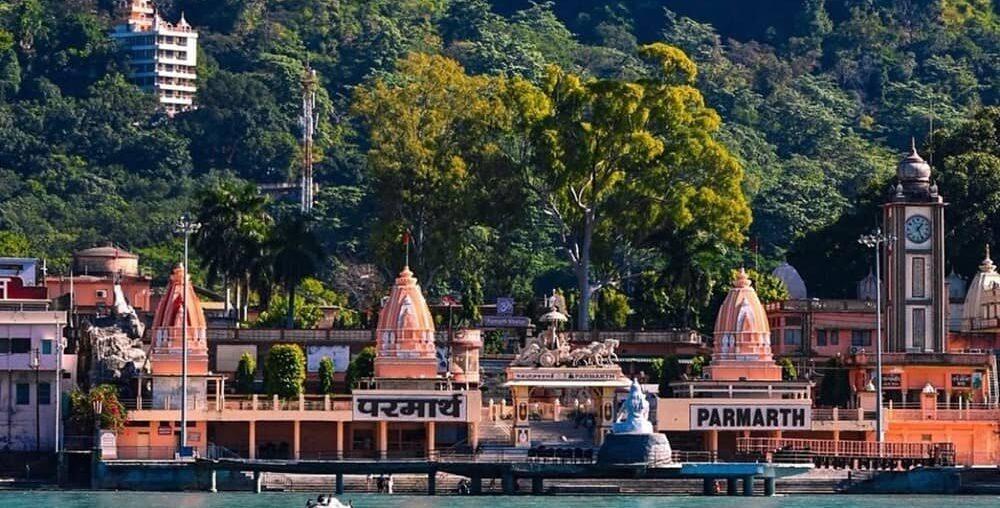
The Deeper Purpose and Universal Benefits of Vipassana Meditation
Vipassana meditation is designed to achieve the highest spiritual objectives—total liberation and full enlightenment. While it is not intended as a treatment for physical ailments, many practitioners find that psychosomatic illnesses often diminish as a natural by-product of deep mental purification.
At the core of Vipassana is the eradication of the three root causes of suffering: craving, aversion, and ignorance. Through consistent practice, the mind begins to release the accumulated tensions caused by habitual reactions to life’s ups and downs.
This process untangles deeply ingrained mental knots, helping individuals respond to both pleasant and unpleasant experiences with greater balance and clarity.
Although Vipassana was systematized by the Buddha, its practice transcends religious boundaries. It is not tied to any belief system, and there is absolutely no element of conversion involved. Vipassana addresses universal human suffering, and its effectiveness applies equally to people of all faiths, cultures, and backgrounds.
In fact, individuals from a wide range of religious traditions have embraced Vipassana and found it completely compatible with their personal beliefs. It offers a universal path to inner peace, free from dogma, open to all who seek genuine transformation.
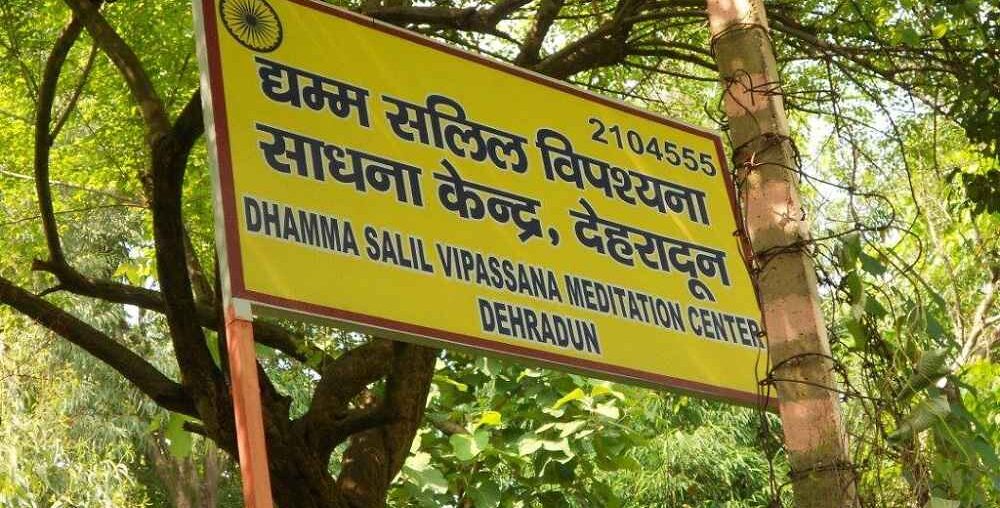
Meditation and the Role of Self-Discipline
The path of self-purification through introspection is neither quick nor easy. Vipassana meditation requires sincere effort and a strong commitment. Each individual must walk the path themselves—no one else can do the inner work on their behalf.
For this reason, the technique is suitable only for those who are serious, dedicated, and willing to follow the prescribed discipline. This discipline is not arbitrary; it exists to support and protect the meditators and is an essential part of the practice itself.
A ten-day course may seem short, but it offers an intensive opportunity to explore the deepest layers of the unconscious mind and begin the process of dissolving long-standing mental patterns and complexes. The success of this technique depends on continuous, uninterrupted practice in a secluded environment.
The rules and regulations set for the course are not religious doctrines or traditions rooted in blind belief. They are grounded in the practical experiences of thousands of meditators over decades and are designed to create the optimal conditions for deep meditation.
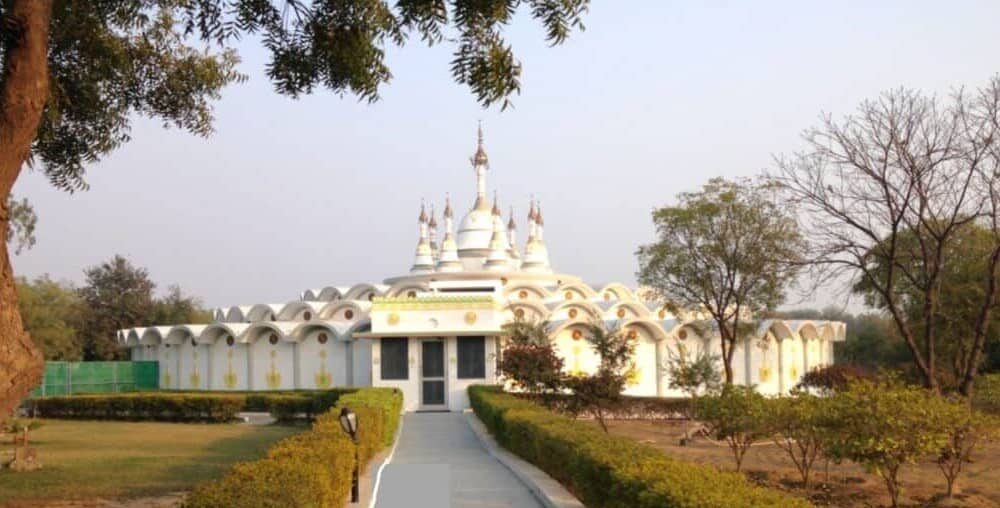
These guidelines are scientific, rational, and aim to foster an atmosphere of inner silence and focused self-observation. When followed sincerely, they nurture a supportive and peaceful environment; when broken, they disrupt not only the individual’s progress but also the collective harmony.
Students are required to commit to the entire duration of the course. All other guidelines should be read carefully and accepted with full awareness. Only those who feel genuinely ready to adhere strictly to the discipline should apply.
Attending the course without the willingness to make a serious and sustained effort is not only a misuse of time but also a disturbance to others who are there to work sincerely.
Leaving the course midway due to discomfort with the discipline is strongly discouraged, as it may hinder personal progress and undermine the integrity of the experience. Similarly, anyone who persistently ignores the rules—even after reminders—may be asked to leave, which is unfortunate for everyone involved.
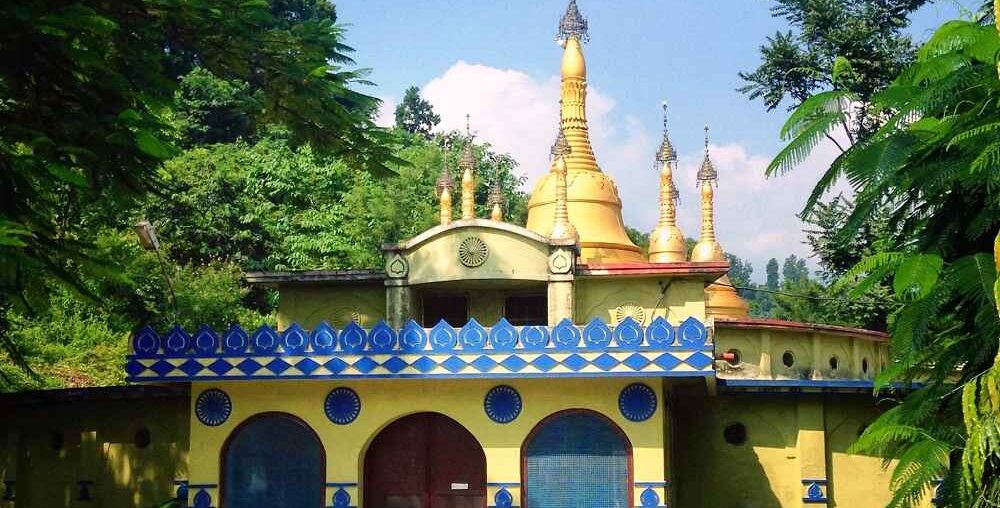
The Code of Discipline: The Ethical Foundation of Vipassana
The foundation of Vipassana meditation is rooted in Sīla, or moral conduct. Sīla is essential for the development of Samādhi (mental concentration), which in turn leads to Paññā—the deep insight and wisdom that purifies the mind.
This threefold training—Sīla (morality), Samādhi (concentration), and Paññā (wisdom)—forms the complete path of Dhamma, supporting the transformational power of Vipassana.
The Five Precepts for All Students
All participants in a Vipassana course must undertake the following Five Precepts for the duration of the retreat. These are universal ethical guidelines that create a safe and harmonious environment for all meditators:
- To abstain from killing any living being
- To abstain from stealing
- To abstain from all sexual activity
- To abstain from telling lies
- To abstain from all intoxicants (including alcohol and drugs)
These precepts are essential to support a peaceful atmosphere conducive to meditation and self-discipline.
Additional Precepts for Old Students
Students who have already completed at least one ten-day Vipassana course with S. N. Goenka or his appointed teachers are considered old students. During subsequent courses, they are expected to observe three additional precepts to further deepen their practice:
- To abstain from eating after midday
- To abstain from sensual entertainment and bodily adornment
- To abstain from using high or luxurious beds
Where is the Vipassana Mediation Centre Rishikesh?
While the exact name is often referred to as Dhamma Salila, the official Vipassana Meditation Centre near Rishikesh is located about 30–40 minutes from the main city, tucked away in peaceful, hilly surroundings on the route towards Dehradun.
Address:
Dhamma Salila Vipassana Meditation Centre
Kushth Ashram Rd, near ISBT,
Rishikesh–Dehradun Highway, Uttarakhand, India
The 10-Day Vipassana Experience
Day 0: You arrive, check in, surrender your phone and belongings, and prepare for silence.
Days 1–3: Focus on Anapana (breath awareness). Your mind slowly begins to quiet down.
Days 4–9: You are introduced to Vipassana, observing body sensations and learning to remain equanimous.
Day 10: You speak again—slowly re-entering the outer world, but with a deeper inner calm.
Day 11: Departure.
Each day includes:
- 10+ hours of meditation
- Noble silence (no talking, eye contact, gestures)
- Simple vegetarian meals
- No mobile phones, books, or journals
- Strict segregation of genders
Why Do People Choose Vipassana in Rishikesh?
- Rishikesh is a spiritual hub, naturally attracting seekers and yogis from around the world.
- The location in the Himalayas adds natural serenity and inspiration.
- Many combine their Vipassana retreat with a longer spiritual or yoga trip in India.
- The environment is quiet, green, and perfect for deep meditation.
Tips If You Plan to Attend
- Apply early – spots fill up fast via www.dhamma.org.
- Pack light and modest – loose, comfortable clothes are a must.
- Come with an open mind – it’s not a holiday; it’s inner work.
- Be ready for discomfort – physical and mental, but worth every second.
- Follow the rules – the silence and structure are vital to the transformation.
Vipassana Course Daily Timetable
The schedule of the 10-day Vipassana course is carefully designed to help participants maintain a continuous flow of practice. Strict adherence to the timetable is strongly encouraged, as it supports deep concentration and inner transformation.
Each day begins early and is structured around periods of meditation, rest, meals, and guidance. The consistency of this routine plays a vital role in helping the mind become calm, clear, and focused.
Daily Schedule Overview
| Time | Activity |
|---|---|
| 4:00 a.m. | Morning wake-up bell |
| 4:30 – 6:30 a.m. | Individual meditation (in the hall or in your room) |
| 6:30 – 8:00 a.m. | Breakfast break |
| 8:00 – 9:00 a.m. | Group meditation in the hall |
| 9:00 – 11:00 a.m. | Meditation (hall or room, as per teacher’s guidance) |
| 11:00 – 12:00 noon | Lunch break |
| 12:00 – 1:00 p.m. | Rest and optional teacher interviews |
| 1:00 – 2:30 p.m. | Meditation (hall or room) |
| 2:30 – 3:30 p.m. | Group meditation in the hall |
| 3:30 – 5:00 p.m. | Meditation (hall or room, as per teacher’s guidance) |
| 5:00 – 6:00 p.m. | Tea break |
| 6:00 – 7:00 p.m. | Group meditation in the hall |
| 7:00 – 8:15 p.m. | Evening discourse by the teacher (in the hall) |
| 8:15 – 9:00 p.m. | Final group meditation of the day |
| 9:00 – 9:30 p.m. | Question time (optional, in the hall) |
| 9:30 p.m. | Retire to your room; lights out |
Final Thoughts
Vipassana Meditation Centre Rishikesh isn’t a retreat—it’s a rebirth.
If you’re seeking true peace, away from spiritual noise and commercial yoga, this silent retreat may be exactly what your soul is searching for.
FAQs
Is it really free?
Yes. All Vipassana courses are offered completely free of cost. Donations are optional and only accepted after completing the course.
Can beginners attend?
Absolutely. No prior meditation experience is needed—just willingness and discipline.
Is it hard?
Yes, but deeply rewarding. You’re not escaping life—you’re facing it fully.
Vipassana Meditation Centre Rishikesh Vipassana Meditation Centre Rishikesh Vipassana Meditation Centre Rishikesh Vipassana Meditation Centre Rishikesh Vipassana Meditation Centre Rishikesh Vipassana Meditation Centre Rishikesh Vipassana Meditation Centre Rishikesh Vipassana Meditation Centre Rishikesh Vipassana Meditation Centre Rishikesh Vipassana Meditation Centre Rishikesh Vipassana Meditation Centre Rishikesh Vipassana Meditation Centre Rishikesh Vipassana Meditation Centre Rishikesh Vipassana Meditation Centre Rishikesh Vipassana Meditation Centre Rishikesh






